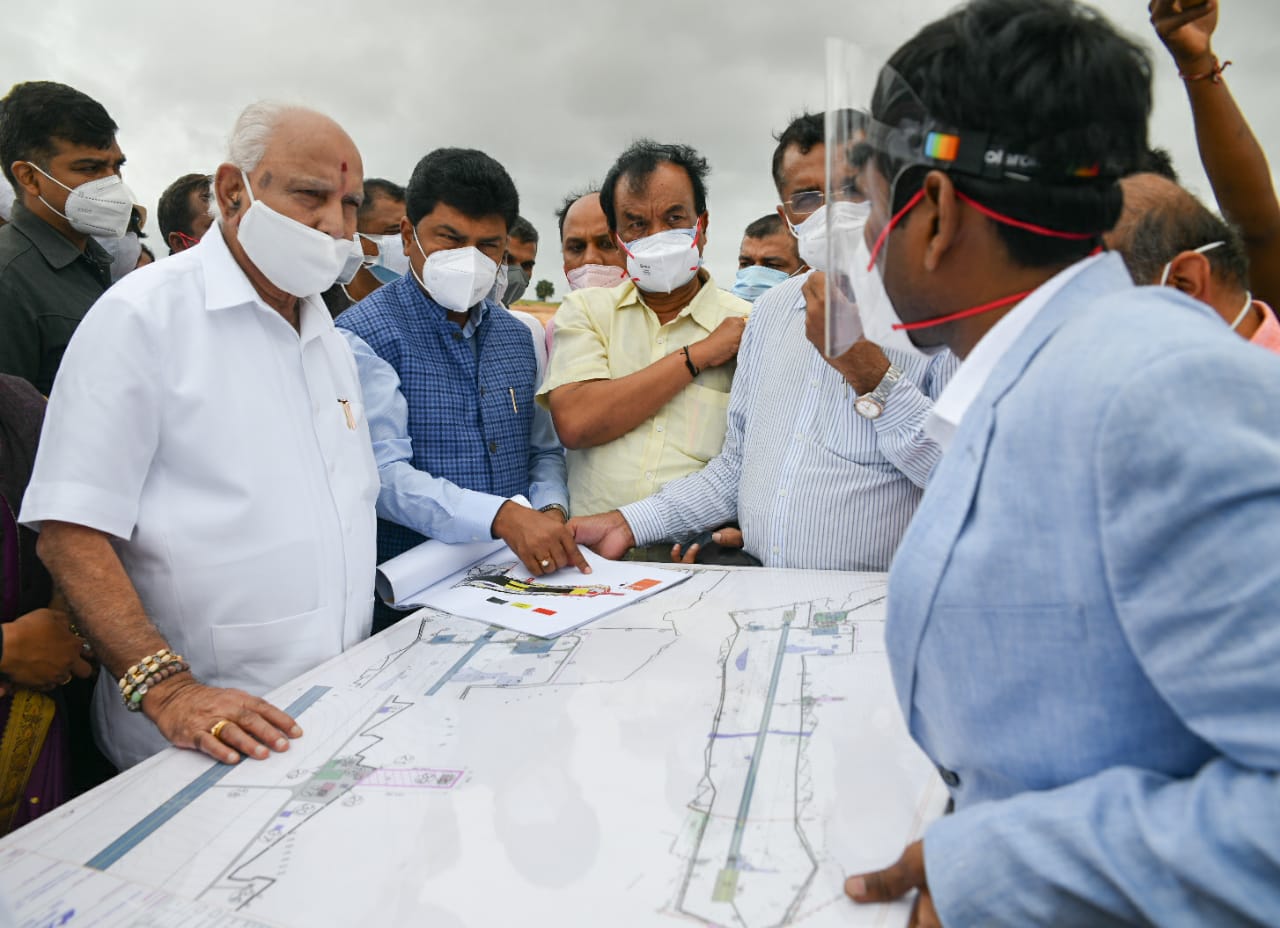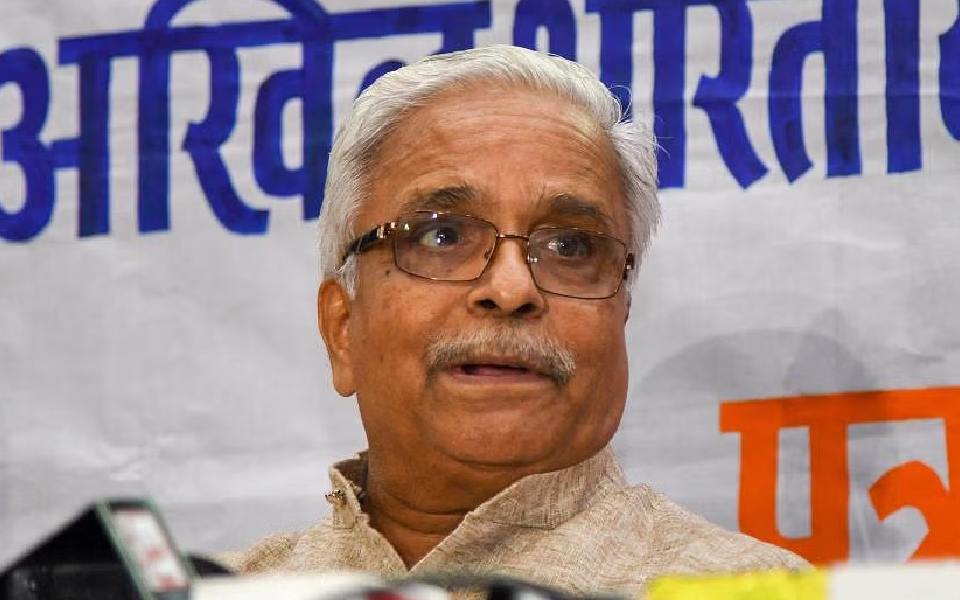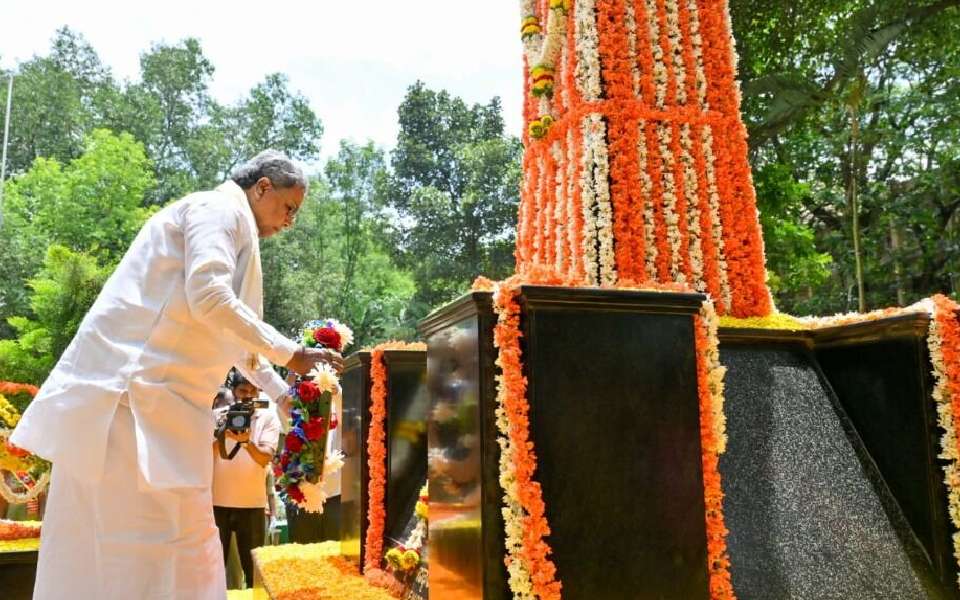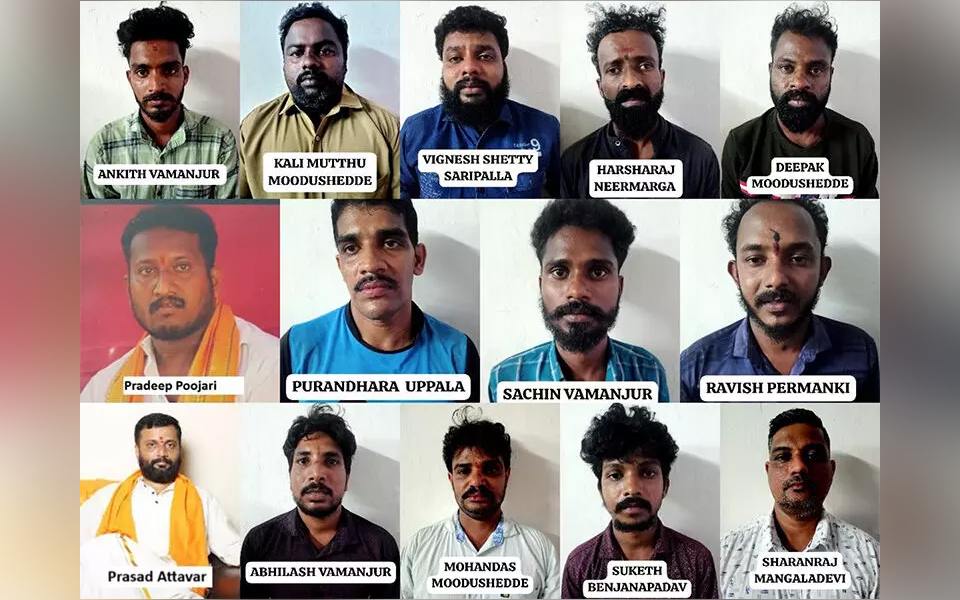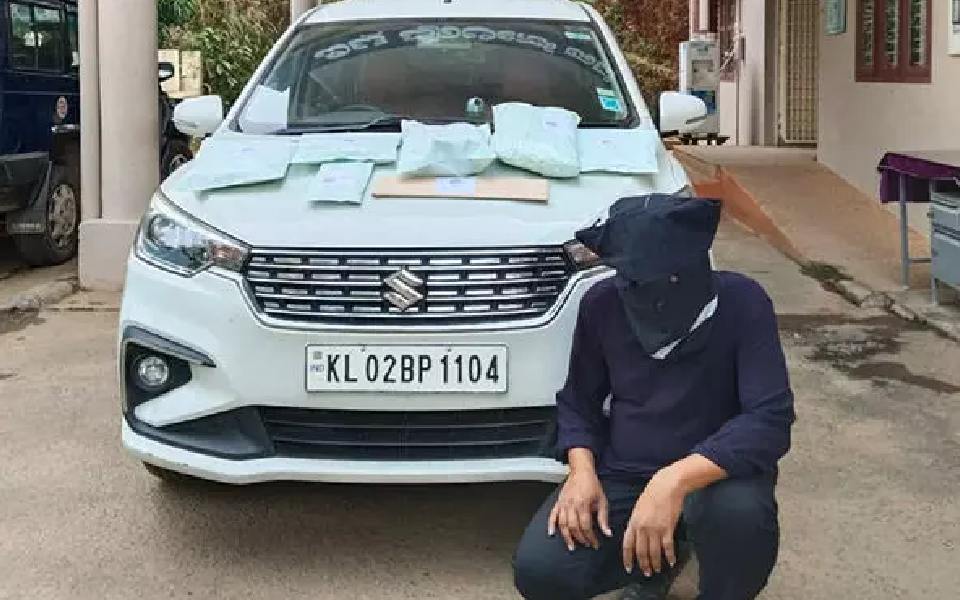Bengaluru, Jun 12: Karnataka Chief Minister B S Yediyurappa on Saturday said that work on Shivamogga airport, which will have facilities on par with Bengaluru airport, is in progress and instructions have been given to complete it by next June.
The Chief Minister reviewed the progress of the work today at Sogane village, about 12 km from Shivamogga city.
The airport will be well equipped and be next only to Bengaluru airport to have such facilities, and despite financial difficulties, funds have been released and work taken up in a fast phase, Yediyurappa was quoted as saying in an official release.
Stating that much development is expected in central Karnataka districts with the coming up of this airport, he said it would help in all-round development of Shivamogga district, encourage more industries to come up and generate more jobs.
The Chief Minister noted that the work on the runway, link roads and perimeter roads is in progress and the compound construction work has mostly been completed and that 11,500 metres of 15,900 meters compound work has been finished.
He also unveiled the building design of the airport, during the review, the release added.
The cost of Shivamogga airport has gone up from Rs 220 crore to Rs 384 crore, the government had said a few months ago.
Shivamogga is the political home turf of Yediyurappa, as he represents Shikaripura constituency in the district, while his son B Y Raghavendra is the MP from Shivamogga constituency.
ಸೋಗಾನೆಯಲ್ಲಿ ನಿರ್ಮಾಣವಾಗುತ್ತಿರುವ ಶಿವಮೊಗ್ಗ ವಿಮಾನ ನಿಲ್ದಾಣದ ಕಾಮಗಾರಿ ಪ್ರಗತಿ ಪರಿಶೀಲನೆಯನ್ನು ಇಂದು ನಡೆಸಲಾಯಿತು. ಮುಂದಿನ ಜೂನ್ ಒಳಗಾಗಿ ಕಾಮಗಾರಿ ಪೂರ್ಣಗೊಳಿಸಲು ಸೂಚನೆ ನೀಡಲಾಗಿದೆ. ಈ ವಿಮಾನ ನಿಲ್ದಾಣದಿಂದ ಮಧ್ಯ ಕರ್ನಾಟಕದ ಜಿಲ್ಲೆಗಳಲ್ಲಿ ಹೆಚ್ಚಿನ ಕೈಗಾರಿಕೆಗಳು ಪ್ರಾರಂಭವಾಗಿ ಉದ್ಯೋಗಾವಕಾಶ, ಪ್ರಗತಿ ನಿರೀಕ್ಷಿಸಲಾಗಿದೆ. pic.twitter.com/OZf0AG8LyZ
— B.S. Yediyurappa (@BSYBJP) June 12, 2021
Let the Truth be known. If you read VB and like VB, please be a VB Supporter and Help us deliver the Truth to one and all.
Ahmedabad: Senior Rashtriya Swayamsevak Sangh (RSS) leader Bhaiyyaji Joshi made a controversial statement on Thursday, asserting that violence is sometimes "necessary" to safeguard the principle of non-violence. Speaking at the inaugural ceremony of the 'Hindu Spiritual & Service Fair' at Gujarat University grounds, Joshi emphasized India's responsibility to lead the world on the path of peace by including everyone.
Citing the Mahabharat, Joshi said, "To protect 'dharma,' actions that may appear as 'adharma' are sometimes inevitable, as demonstrated by our ancestors." He underlined that Hinduism embodies non-violence but suggested that taking strong measures, including violence, might be required to protect its ideals.
Joshi also spoke about India's unique ability to foster global harmony, referencing the ancient concept of 'Vasudhaiva Kutumbakam' (the world is one family). He stated, "A stronger India and Hindu community assure the world of protection for the weaker and downtrodden."
The RSS leader dismissed the notion that selfless service is exclusive to institutions like churches and missionaries, highlighting the extensive service traditions of Hindu temples, gurdwaras, and organizations, which include feeding nearly one crore people daily and running schools and hospitals.

